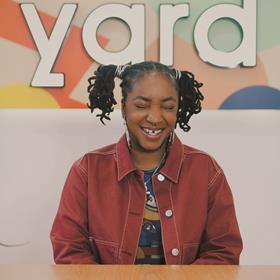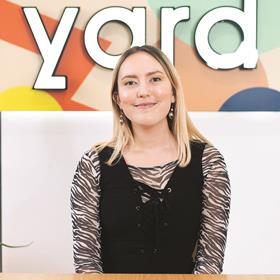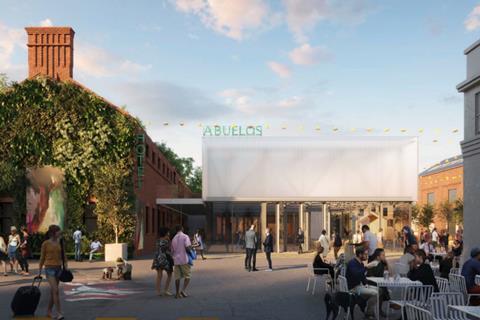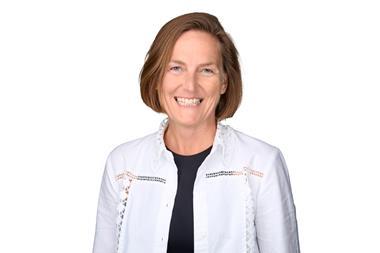To build at the intersection of disability justice and racial justice, we must recognise that, in the words of Audre Lorde, “there is no such thing as a single issue cause”. Therefore, there can be no quick fix to the multifaceted ways in which injustice is embedded in the spaces we enter.


Spaces, by their nature, are not neutral or apolitical; they are designed with intention and often at the cost or expense of marginalised communities. As such, we cannot retrofit justice into the built environment. As Jane Jacobs writes on cities, spaces “have the capability of providing something for everybody, only because and only when they are created by everybody”.
In 2020, MAIA secured YARD, Birmingham’s first arthouse – a multifunctional space for artists to come and create together. Originally a townhouse in the Port Loop estate, YARD has been reimagined by MAIA through our partnership with Urban Splash. It has been an exercise in how to make a space serve more people than were envisioned in its design.
As a black-led organisation navigating the systemic barriers of buildings, we understand the ways in which black people are excluded from owning and belonging in them. In the spirit of spatial activists such as Bryan C Lee Jr and Deanna Van Buren, our work and spaces centre care and joy for black people, we always offer sliding scale prices and we work to respond directly to people’s needs, whether they are material, emotional or spiritual.
Building equitably
As a team, we have learned that in order to build equitably, we have to model equity from the inside out. For example, all our team members are paid the same, regardless of their role in the organisation.
YARD is the first phase of a longer-term project, ABUELOS, which is an artist-led hotel and community hub aimed at redistributing the cultural sector’s hospitality spend regeneratively into local people, places and movements. We are working now, through hosting events such as our ABUELOS IDEAS LAB, to co-create a hotel that can be accessible, healing and nurturing – including everything from the physical structure of the space to the materials it holds and the systems that govern it.

At YARD, we cannot make structural changes to the property so it is essential we design a fully accessible ABUELOS. Disability justice must not just be a theoretical framework but a practice.
To guide us and hold us accountable throughout the development of ABUELOS, we are currently in the process of building The Access Committee – a paid advisory board made up of disabled, neurodivergent and chronically ill people. ABUELOS will be a direct result of the radical black imagination and all the intersections that come from this.
On the surface, MAIA’s work can appear to be anti-gentrification. However, we are more interested in creating work that is not in response to systems that harm us. It is crucial to recognise that racial, spatial and disability justice are connected and that without an intersectional understanding of people’s needs, there can be no implementation of genuine, holistic care.
We are shaping and dreaming of spaces that do not exist yet while remaining hopeful that through co-creation, determination and resilience, they will.
Grace Barrington is communications lead and Jae Tallawah is creative producer and inclusion lead at MAIA Group






























No comments yet